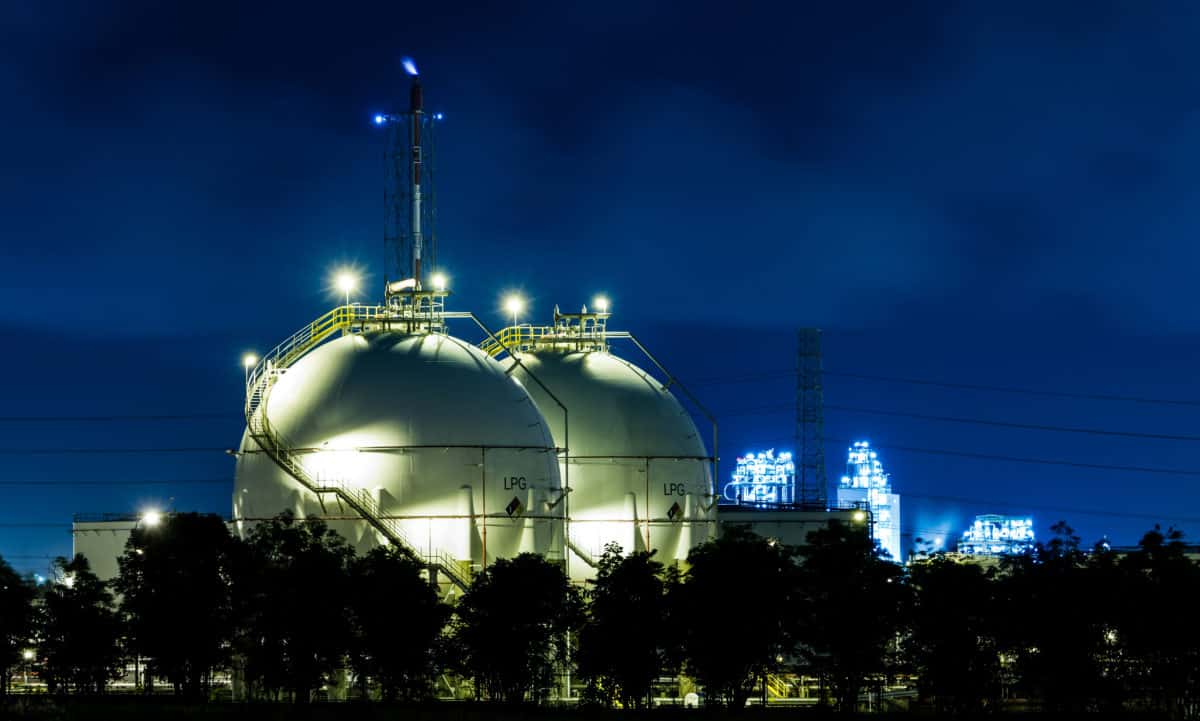EU’s Challenging Winter as Russia’s Gas Remains Uncertain
As the world grapples with energy security concerns, European gas storage plays a pivotal role in safeguarding the region against potential supply disruptions. With the ongoing uncertainties surrounding Russian gas news and geopolitical tensions, ensuring a reliable and ample natural gas storage infrastructure becomes paramount. This article delves into the significance of gas storage in Europe, with a focus on German gas storage facilities, and how it can mitigate the impact of potential supply cuts.
European Gas Storage – A Strategic Imperative
In the past half-year, Europe has experienced a consistent drop in gas prices, primarily attributed to a combination of favorable factors. Mild weather conditions, an abundant supply of Liquified Natural Gas (LNG), and effective demand reduction measures have all contributed to this positive trend. At present, the front-month TTF gas contract is valued at approximately €25-30 per MWh ($300-360 per 1,000 cubic meters). Though still relatively high compared to pre-COVID-19 levels, it represents a substantial 90% decrease from the peak price of €340 per MWh witnessed in late August 2022.
Europe heavily relies on natural gas for various sectors, including power generation, heating, and industrial processes. Given the geopolitical complexities and the volatility of international gas markets, maintaining adequate European gas storage facilities becomes vital for energy security. According to the International Energy Agency (IEA), the continent could face a very tough winter if Russia decides to cut its gas supply entirely, as recently discussed in an article by Intellinews. Such a scenario could lead to soaring energy prices and potential energy shortages, affecting millions of households and industries across Europe.
German Gas Storage – The Backbone of European Energy Resilience
Within Europe, Germany stands as a crucial player when it comes to natural gas storage. With its well-developed infrastructure and significant capacity, German gas storage facilities act as a strategic backbone for energy resilience in the region. They offer flexibility by allowing for the storage of excess gas during times of low demand and releasing it during peak periods or supply disruptions. This mechanism ensures a steady and reliable gas supply, cushioning European countries against external shocks.
One of the crucial elements ensuring stability in the European gas market has been the significant accumulation of gas in storage facilities. Currently, underground storage facilities are filled to an impressive 83% capacity, surpassing the previous five-year average by more than 20 percentage points. This surplus in stored gas has instilled confidence in the market, leading to the expectation that the EU will achieve its end-of-October target of 90% storage capacity well ahead of schedule. Consequently, this anticipation has contributed to the recent decline in gas prices across the region.
Germany’s strategic location also allows it to serve as a crucial transit hub for gas supplies from various sources, thereby diversifying Europe’s energy sources and reducing dependence on any single supplier. By investing in modern storage facilities and encouraging cooperation among member states, Germany sets an example for other European countries to follow suit in enhancing their gas storage capabilities.
The Way Forward: Strengthening European Gas Storage
Given the dynamic nature of the global energy landscape, the importance of European gas storage cannot be overstated. As geopolitical tensions persist and Russian gas news remains uncertain, the continent must remain vigilant and proactive in its efforts to secure its energy future.
It is important to note that while the current gas prices are lower compared to the peak experienced in August 2022, they are still significantly higher than pre-pandemic levels. However, the steady downward trend and the impressive progress in gas storage have provided some relief and optimism for a more stable energy future in Europe.
European governments should prioritize the development of gas storage infrastructure, both on a national and regional level. This includes investing in new facilities, upgrading existing ones, and exploring innovative technologies for enhanced storage capacity and efficiency. Furthermore, fostering cooperation among European nations in terms of gas storage and supply can lead to a more integrated and resilient energy market.
Securing Europe’s Energy Future: The Role of Gas Storage and Price Decline
European gas storage holds the key to mitigating potential energy crises and ensuring a stable supply of natural gas throughout the continent. As geopolitical uncertainties persist and the specter of potential Russian gas news looms, investing in robust gas storage infrastructure, with Germany as a leading example, is imperative. By taking proactive steps to strengthen gas storage capabilities, Europe can better safeguard its energy security and weather any storms that may arise in the future.
Europe’s recent decline in gas prices has been driven by favorable weather conditions, sufficient LNG supply, and effective demand management. The increased storage capacity has bolstered confidence in the market, leading to expectations of achieving the storage targets ahead of schedule. As the region continues to navigate its energy landscape, a strategic and forward-thinking approach will be essential to ensuring energy security and stability in the face of future challenges.
The post EU’s Challenging Winter as Russia’s Gas Remains Uncertain appeared first on FinanceBrokerage.






























